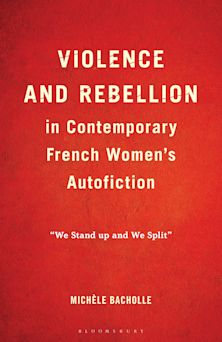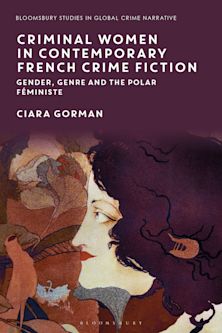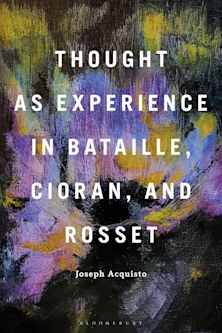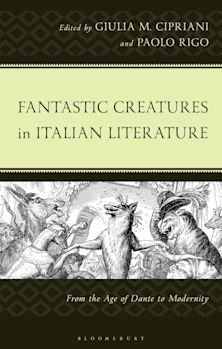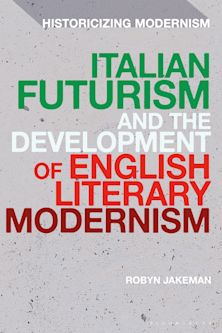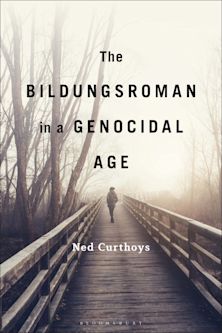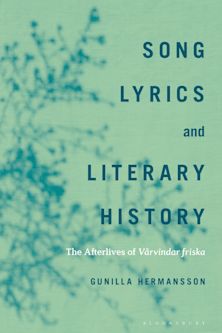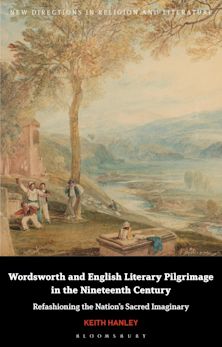Resistance, Heroism, Loss
World War II in Italian Literature and Film
Resistance, Heroism, Loss
World War II in Italian Literature and Film
This product is usually dispatched within 2-4 weeks
- Delivery and returns info
-
Flat rate of $10.00 for shipping anywhere in Australia
Description
In no other country in Europe has national identity been so closely bound to memories of the war. Italy’s Republic was born of World War II, its constitution defined by anti-Fascism, its parties self-identified with national Resistance. Because of their importance to the nation’s identity, the nature and meaning of the war have been the focus of great contention, from 1943 to the present day. In recent years Italy has taken on a national evaluation of the more troubling and contested aspects of its role in the war, including its support of Fascism and collaboration after 1943, its treatment of Jews and other minorities, deep national divisions that created a civil war between 1943 and 1945, and the centrality of war myth to lingering postwar problems. Scholars of Italian history, literature, and cinema play a fundamental role in this appraisal, and this volume of essays attests to the importance of film and literature to the ways in which changing political, social and cultural imperatives have altered the war’s memory. These articles expand our understanding of the shifting phases in national memory by highlighting significant features of each era’s portrayal of the war. Contributions come from eight scholars who capture the full variety of disciplinary and sub-disciplinary approaches that are current today, including film genre studies, cultural history, gender studies, Holocaust studies, and the very new fields of emotion studies, shame theory, and environmental studies. Their innovative application of questions and methods that speak to important new subfields in Italian Studies make this volume an invaluable tool for scholars and their students.
Table of Contents
Introduction: Phases in Italy's Representations of World War II
Chapter One: Poetic Truth of War: Elsa Morante's “The Sicilian Soldier”
Gabrielle Orsi
Chapter Two: Brotherhood of Arms: Patriotism, Atlanticism and Sublimation of War in 1950s Italian War Movies
Gianluca Fantoni
Chapter Three: Responses to Cold War Crisis: La Ciociara from Moravia to De Sica
Thomas Cragin
Chapter Four: Andremo in città: A Levinasian Witnessing in Edith Bruck's Short Story and Nelo Risi's Film
Virginia Picchietti
Chapter Five: Spaces of Resistance: The Role of the Mountain in Italy's Partisan War
Angela Boscolo Berto
Chapter Six: Mysteries of Italian Women Partisans in Luce d'Eramo's Una strana fortuna
and in Bruno Morchio's Rossoamaro
Barbara Zaczek
Chapter Seven: La rappresaglia: Highlighting Female Identity through the Emotion of Shame
Simonetta Milli Konewko
Chapter Eight: Visions of Virility: Masculinity and Memory in the Italian War Film
Rebecca Bauman
About the Contributors
Product details
| Published | 20 Feb 2018 |
|---|---|
| Format | Hardback |
| Edition | 1st |
| Extent | 200 |
| ISBN | 9781683931379 |
| Imprint | Fairleigh Dickinson University Press |
| Dimensions | 237 x 159 mm |
| Publisher | Bloomsbury Publishing |

ONLINE RESOURCES
Bloomsbury Collections
This book is available on Bloomsbury Collections where your library has access.













